
Electricity is a safe and convenient source of energy, providing that you’re using the correct wiring and proper distribution conductors in the correct size. You must be aware that wire is a medium through which electricity is transferred from one place to another. Manufacturers use metals that are good conductors of electricity to make wires. Additionally, a wire has a covering of an insulator like a plastic sheath that protects everyone from electric shock if they touch it. There are different types of wires, each made according to a certain load and condition. Today Gharpedia is going to tell you everything you need to know for choosing the good quality wires to use in your homes. Moreover, we will also discuss how it will increase your home’s safety and lower power consumption.
A wire has mainly two parts,
- Conducting Material (copper)
- Insulating Material (PVC)
Why Good Quality Wires Matters?
An electric wire is made up of two conductors,
Copper Conductor:
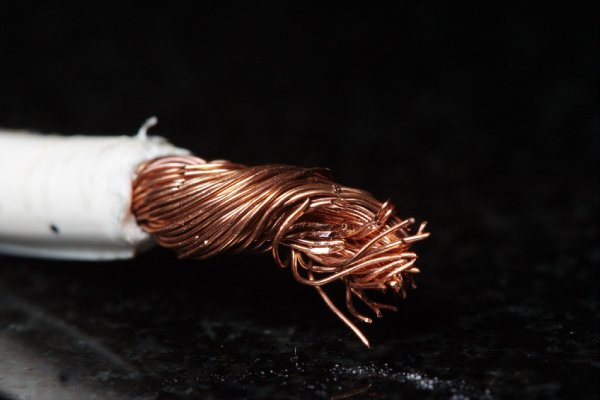
Copper is a very good conductor of electricity. Manufacturers use it as wiring material in cables. It conducts electricity at a very high rate due to it having very low resistance. It can conduct electricity in all, high, medium, and low voltages. Copper is ductile, copper soldering is also very easy, and it has high tensile strength.
Aluminum Conductor:
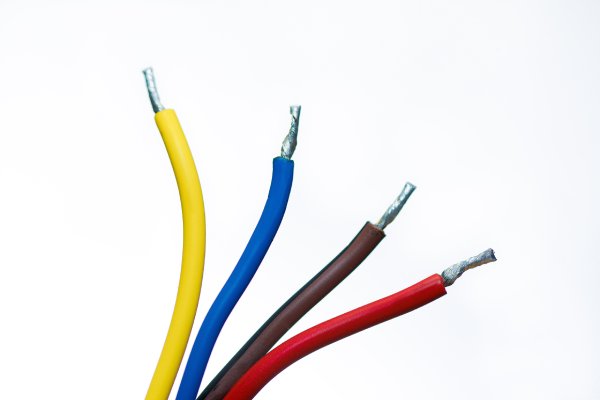
Aluminum is a very light and cheaper metal in comparison to copper. That is why it is more commonly in use. It is silvery-white in color and has a soft texture. Aluminum has a lower tensile strength than copper, which is the reason it is cheaper than copper.
Factors Affecting the Flow of Current
01. Length of a Wire
The length of the wire affects the amount of resistance; the longer the wire will be, the greater the resistance. The amount of resistance is directly proportional to the length of the wire.
Resistance occurs due to the collision between charge carriers and atoms. So, the longer the electric wire, the more the collisions. And more collisions mean more resistance.
02. Cross-Sectional Area of Wire
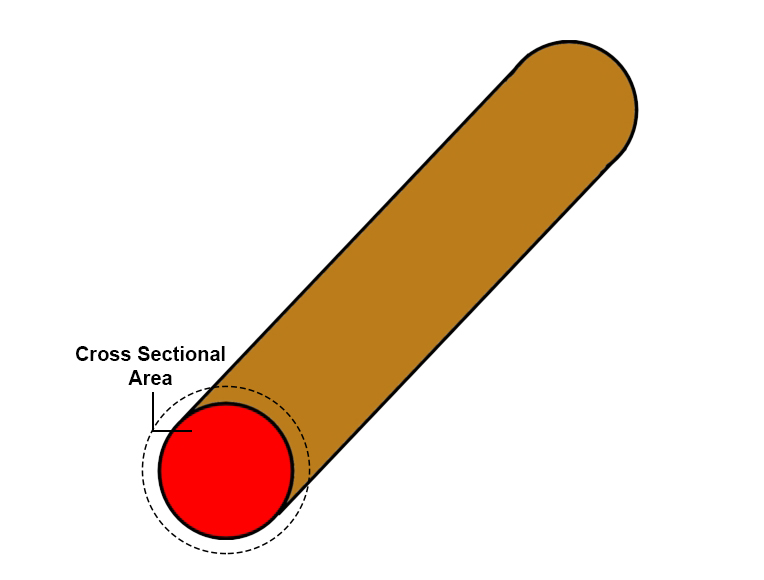
The cross-sectional area of the wire will also affect the resistance of the wire. Wide wires have a greater cross-sectional area, which means there will be less resistance because collision will be less due to more traveling space. When the wire is thin, it will have a smaller cross-sectional area. Consequently, it will have more resistance.
03. Material of Wire
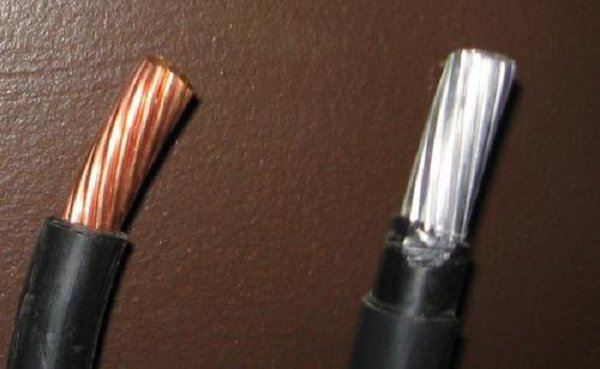
The material or the conductors used to make the wire can also affect the resistance. Electric wires have different materials in them that either lessen or increase the resistance. Not all material that we use to make wires have the same conductivity. Silver is a very good conductor of electricity. Still, we cannot use it in wiring as it is very expensive and rare. You will find most wires to be consisting of copper and aluminum as they are cheap and readily available and good conductors of electricity. The conductivity of the material depends upon the resistivity. The resistivity depends upon the materials’ electronic structure and temperature.
What to Look for in Electric Wires?
Now, we’re going to tell you how you can minimize these adverse effects and ensure you get the maximum performance out of the wire while ensuring your family’s safety and appliances.
01. Choose a Greater Amp Wire
Now consider this, you have a 15-amp wire outlet in your home, you plug in a 20-amp appliance. By doing this, you are forcing your wire to deliver more current than the rating on it. The wire will get very hot after some time and melt the protective insulative coating. This will expose the wire and hazard to people who are using that particular switch and the appliance plugged in. It may even cause nearby objects to catch fire, which may increase the damage. So, remember to use high rating wires in your households. If you are looking for affordable, highquality cables, contact ZW Cable Factory, they offer packages to wire your whole house at a very good price.
02. Bigger Wire Diameter
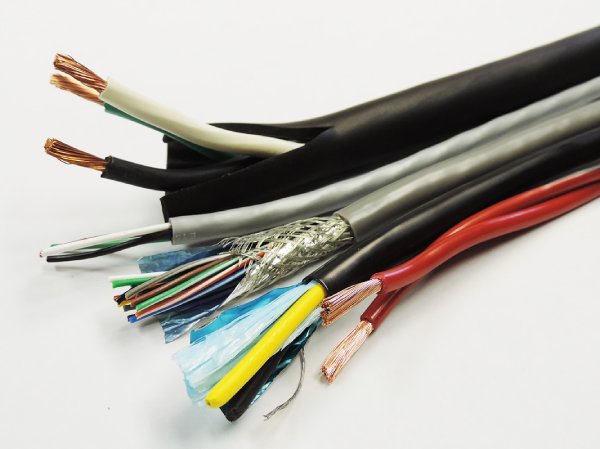
Even when you have the right rating wire put inside your house, there is another thing that matters: the wire’s diameter. The larger the wire’s diameter, the less the resistance and the better its performance. The smaller wire will lose electricity due to the heat loss. The heat will generate in the smaller diameter wire due to atoms and charges colliding consistently because they have less space to travel. This causes heat and will weaken the wire.
Choosing a wire with a large diameter will be safe as there will be no heat. It will be more economical as there will be no loss of electricity. One large electrical wire will lower the overall energy cost. We know now you think that these will surely be expensive; well, think of all the savings you will do on that electrical bill in the summer just because you are using a high-quality large wire. It will surely prove to be a good investment.
Using larger wires will also be a kind of insurance against the voltage drops that weaken and lower your electrical appliances’ performance. An example would be the lights to dim when your refrigerator compressor starts. This may damage the lights and other appliances plugged in at the moment.
03. Aerial Bundle Cables
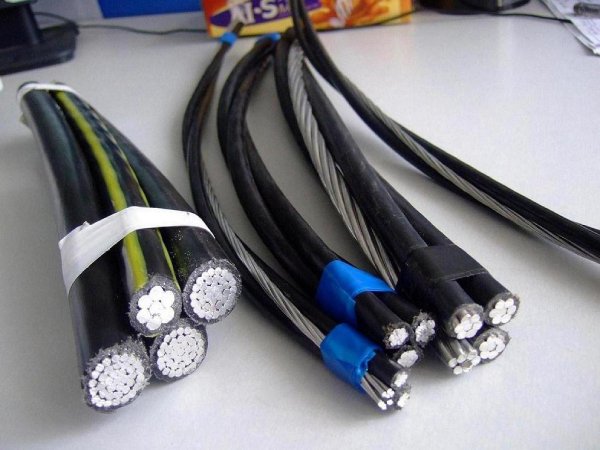
Aerial Bundle Cables (ABC) can also affect the performance of electricity. These are low voltage cables for overheads lines. They are lightweight stranded aluminum conductors. You can contact your lineman and check with him what ABC cable size is in use in your area. Different sizes change efficiency and increase safety. If you use low voltage ABC, it requires less maintenance, and chances for short circuits are minimal.
Conclusion
Contacting your electrical contractors and getting information on the type of wiring they use in and the wiring that transfers electricity to your area from the grid station may prove helpful. Discuss with them what type of wiring is best for your housekeeping in mind what type of appliances and devices you use. Always be aware, and there is no wrong in spending a little more money on good wiring and equipment as it will prove to be lifesaving and economical for you.
We hope this information surely helpful for you. We have also written other blogs related to electricity topic, you may refer following links:
What are Electrical Conduits? | Types, Advantages & Disadvantages
10+ Important Electrical Safety Tips to Make Your Home Accident a Shock-free!































